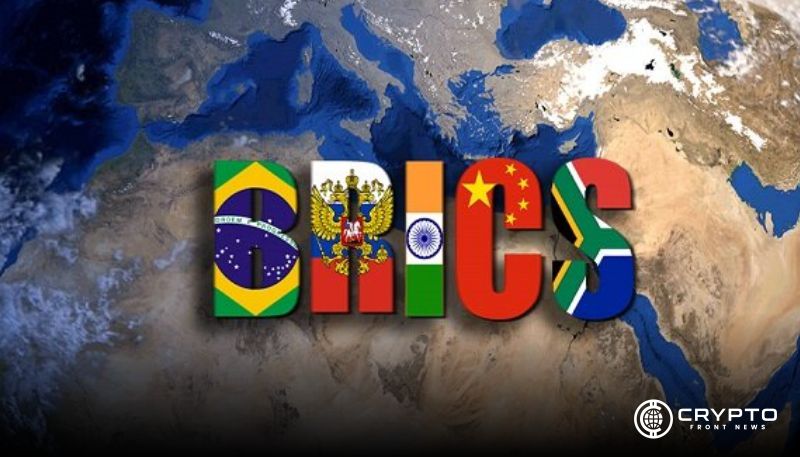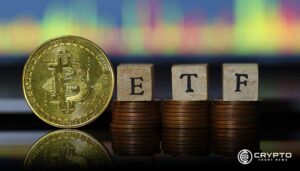- BRICS suspends new membership for 2024, shifting focus to trade and financial strategies.
- The bloc aims to reduce reliance on the US Dollar, following efforts led by Russia and Iran.
- Discussions on using blockchain and stablecoins for cross-border settlements are ongoing.
The BRICS alliance has announced it will close its membership expansion for the remainder of 2024. This decision was confirmed during the BRICS Summit held in Kazan, Russia. The alliance, composed of Brazil, Russia, India, China, and South Africa, has significantly grown over the past year.
Notable additions include the United Arab Emirates, Iran, Egypt, and Ethiopia. These new members join BRICS in its mission to reduce reliance on the US Dollar in international trade and finance.
Several partner nations such as Turkey, Nigeria, Malaysia, and Thailand have also expressed interest in aligning more closely with the BRICS bloc. However, with the halt in membership for 2024, the alliance is now expected to focus on furthering its existing economic strategies.
The BRICS bloc has been steadily increasing efforts to bypass the US Dollar, a move led by Russia and Iran, who have faced Western sanctions in recent years. India has already taken steps in this direction, completing a Rupee-based oil trade with the UAE last year.
These developments align with the BRICS goal of reshaping global financial systems by reducing dependency on the dollar.
Amid discussions on alternative financial systems, there has been speculation about Bitcoin and cryptocurrencies’ potential role in BRICS’ agenda.
Although no official announcements have been made regarding Bitcoin, blockchain-based payment systems have been considered for cross-border transactions. Stablecoins are also being explored as part of these developments.
Russian President Vladimir Putin indicated that while the creation of a unified BRICS currency is premature, the bloc remains committed to finding innovative financial solutions.
These discussions will likely continue as BRICS explores methods to strengthen its economic independence and promote seamless trade among its member countries.






